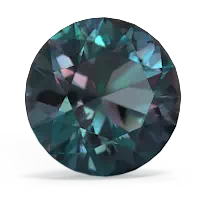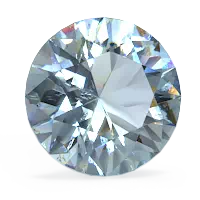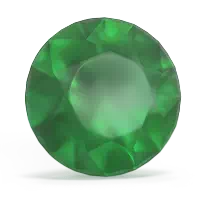


Although a relatively new gem, alexandrite is said to bring pleasure and love. Wear a created alexandrite pendant to attract the man of your dreams. Wearing an aquamarine is said to help couples smooth out their differences and reawaken their love for each other making an aquamarine pendant the perfect anniversary present. Emerald is associated with Venus, the Greek goddess of love and beauty. They say an emerald pendant can protect lovers from unfaithfulness.